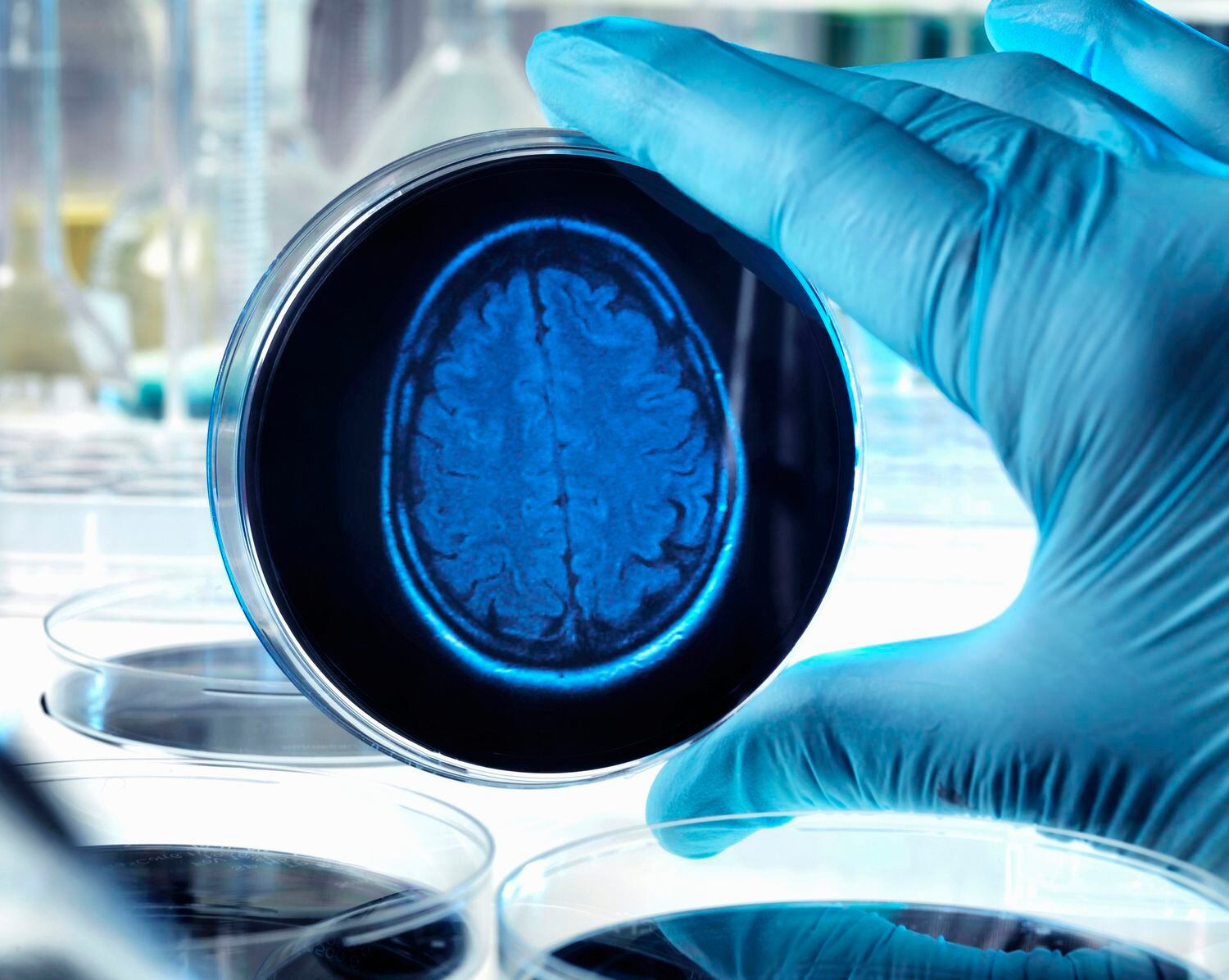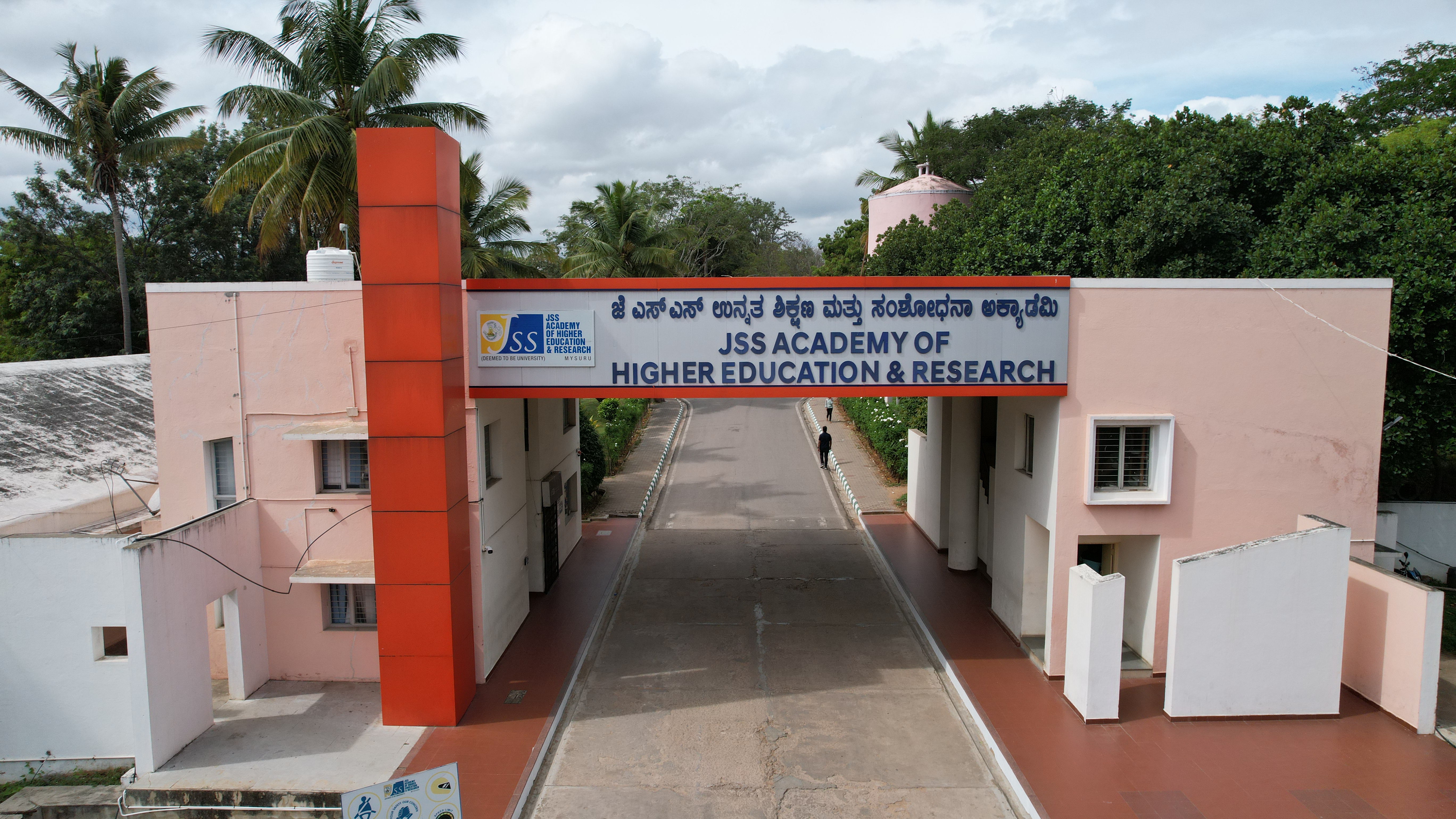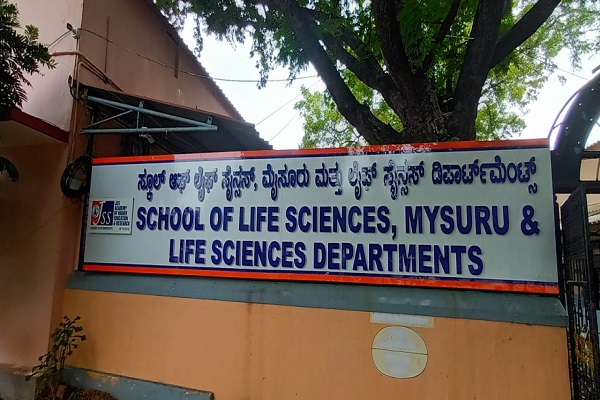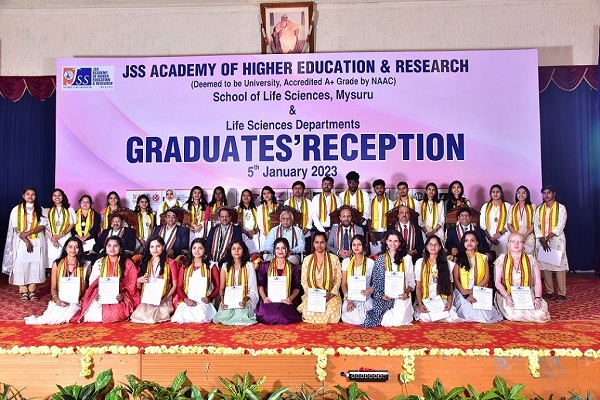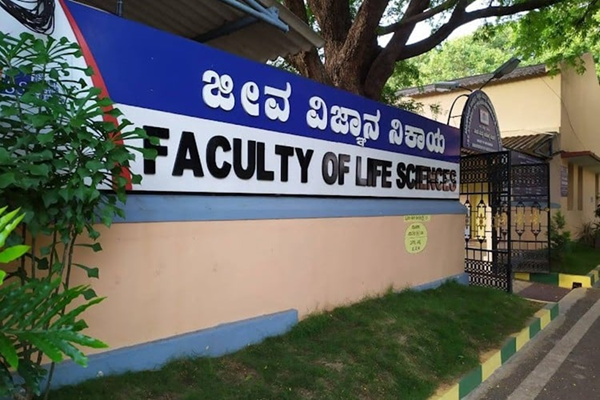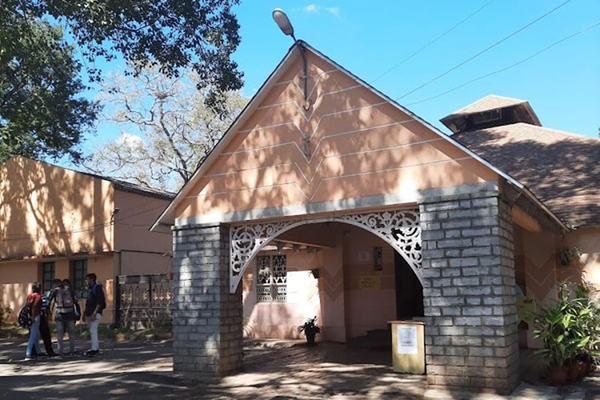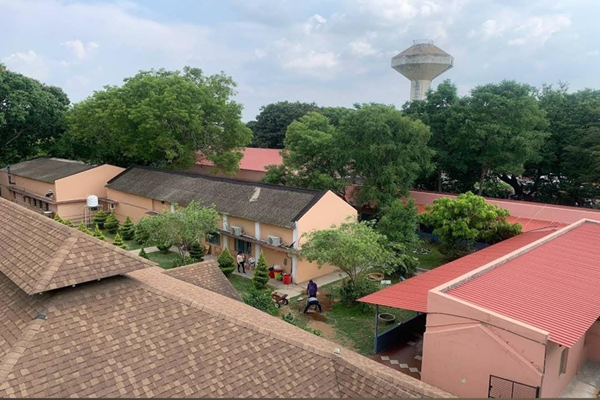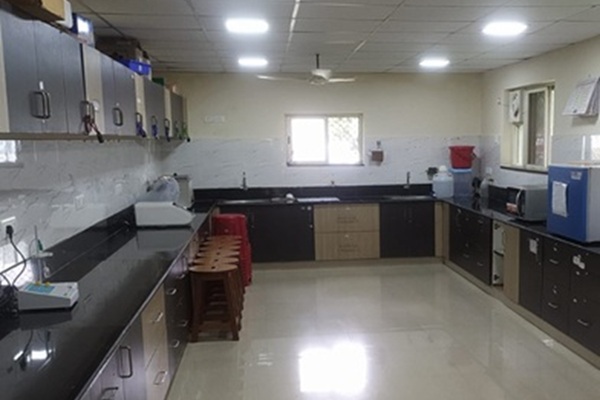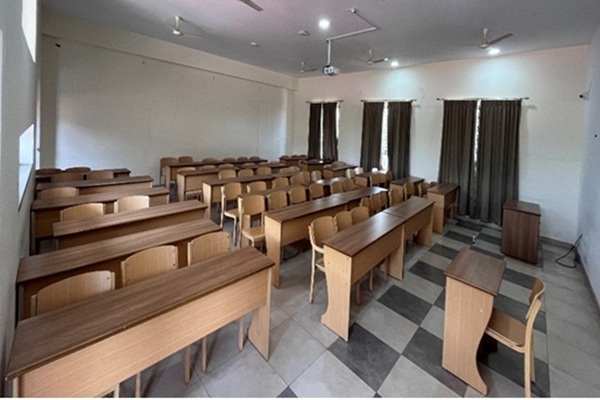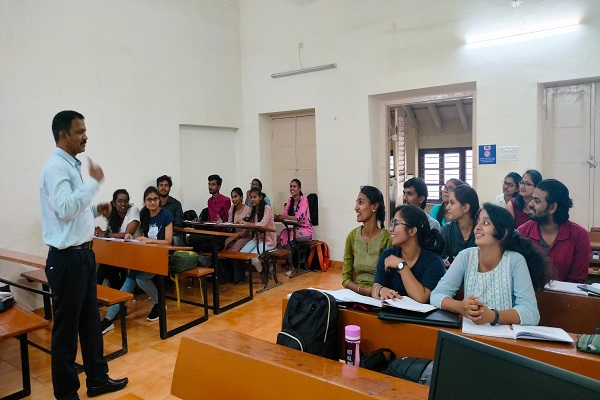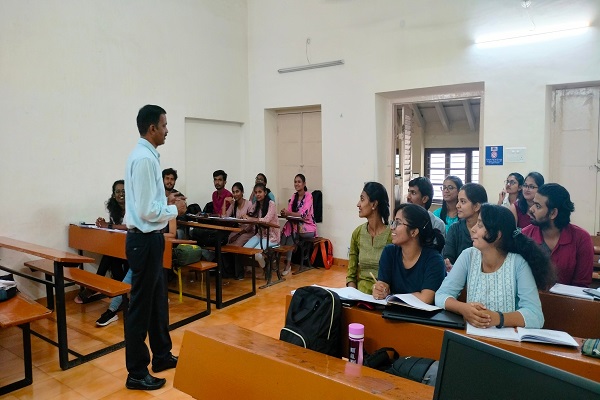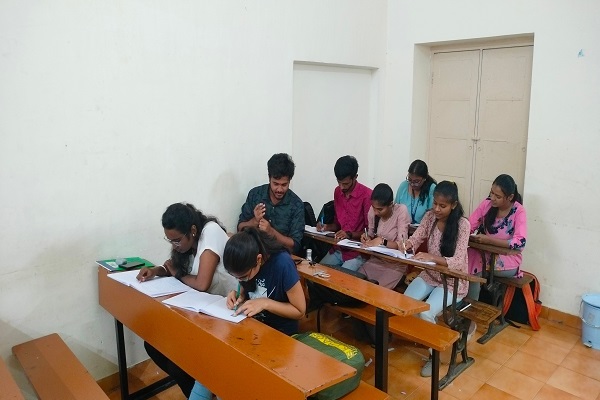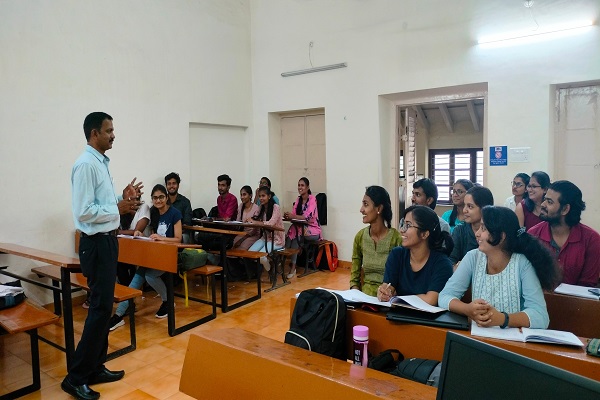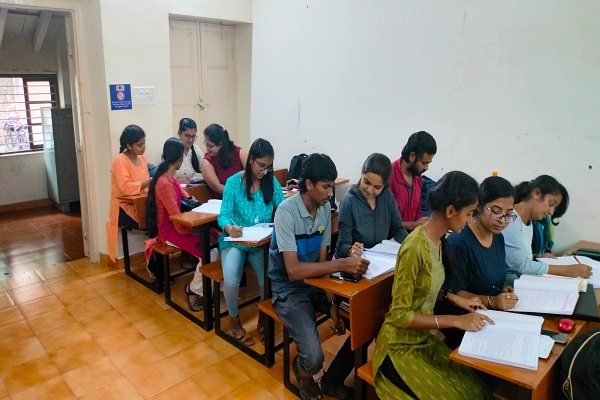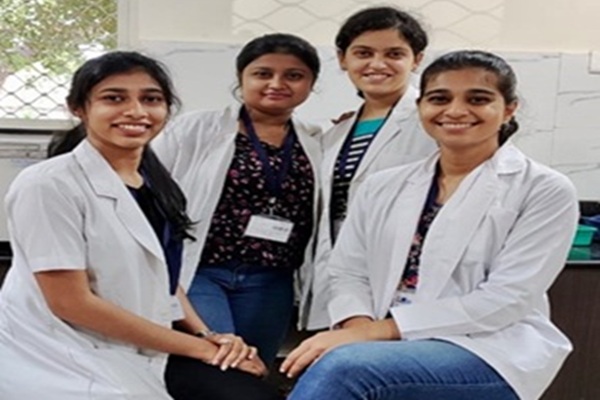About the Conference
Every challenge the globe has witnessed in the past centuries has paved the way for humanity to evolve, think and to innovate. Among the many challenges, improving quality of life is a priority because it contributes to the wellness and survival of Life. Along with the growth in different fields of science, the development of interdisciplinary approaches has evolved to conserve and protect the Biosphere. Biotechnology is one field that has contributed enormously to biology, agriculture, and health-care. To date, numerous advances have been made in this field. However, translating all biological as well as Biotechnological inventions and innovations from the bench to the bedside is the priority to obtain the desired future. The concept of Translational research not only promises the fate oflaboratory research but also delivers the need the hour to an hour for researchers to encourage them to think, rethink, design and execute their ideas and bring them to reality. Translation of laboratory innovation into clinical settings through industrial intervention is also a key factor to consider in translational research.
This field of Biology is composed of sub disciplines such as molecular biology, genetics, microbiology, biochemistry, ecology, and evolutionary biology. Biosciences provide fundamental problem-solving concepts and a knowledge base that are required for biotechnologists and clinicians to translate research findings into practice. Translational research involves moving research findings from the laboratory to clinical or other practical use. This involves the process of moving laboratory innovations to clinical applications, diagnostics, and even policies that benefit people. The concept of translational research may be applicable to a broad range of activities from discovery of promising therapeutic targets to clinical trials and implementation of new therapies into clinical practice. These fields are interrelated, as mentioned earlier; biotechnology may rely on advances in biosciences to create new inventions, while translational research helps apply these inventions in real life. Thus, they collectively contribute to the progression of scientific research and the generation of solutions to pressing global issues. Modern tendencies in biotechnology bioscience as well as translational research have proven that applying different technologies/concepts, including CRISPR-Cas Gene Editing, Synthetic Biology, Biopharmaceuticals, Bioinformatics and Big Data, Omics Technologies, Microbiome Research, Neuroscience, Environmental Bioscience, Precision Medicine, Regenerative Medicine, Clinical Trials Innovation, Global Health Initiatives, can contribute to decreasing the health risk burden worldwide.
The current conference brings the research, academia, and industry under common roof and provides a space to exchange their experiences, ideas, and views. Bringing all the key players of translational research into a common brainstorming space would promote the exchange of existing knowledge in their respective fields, further helping researchers translate an idea or an outcome into a larger purpose through versatile collaborations or guided routes.
